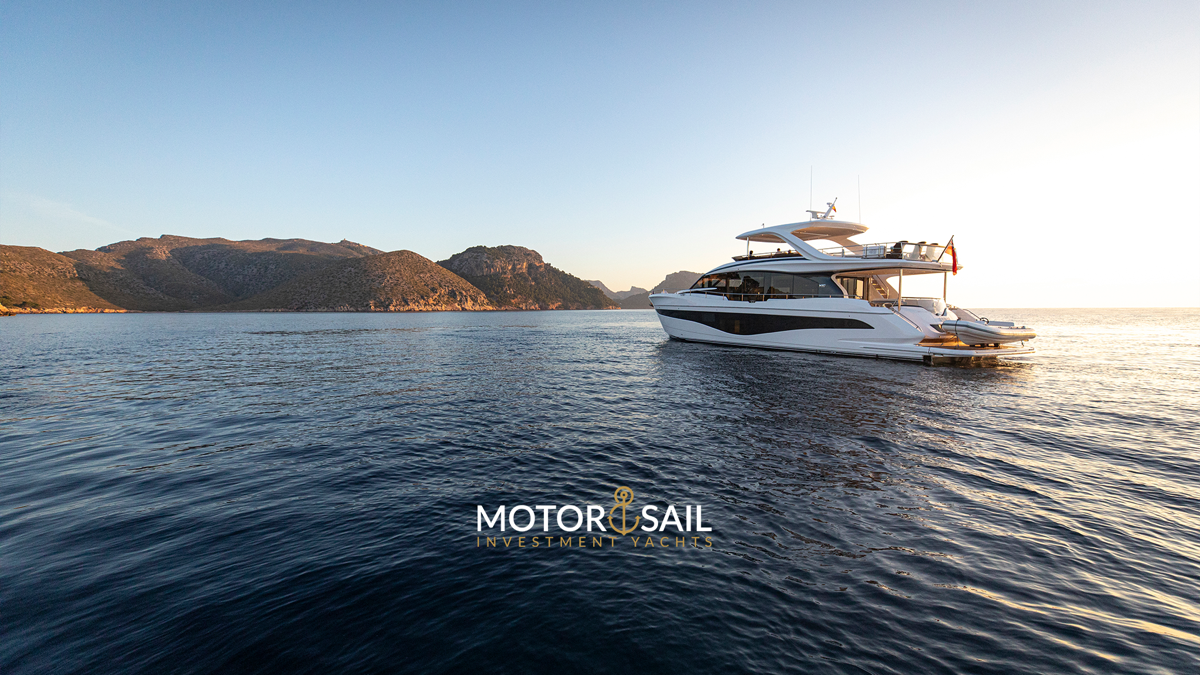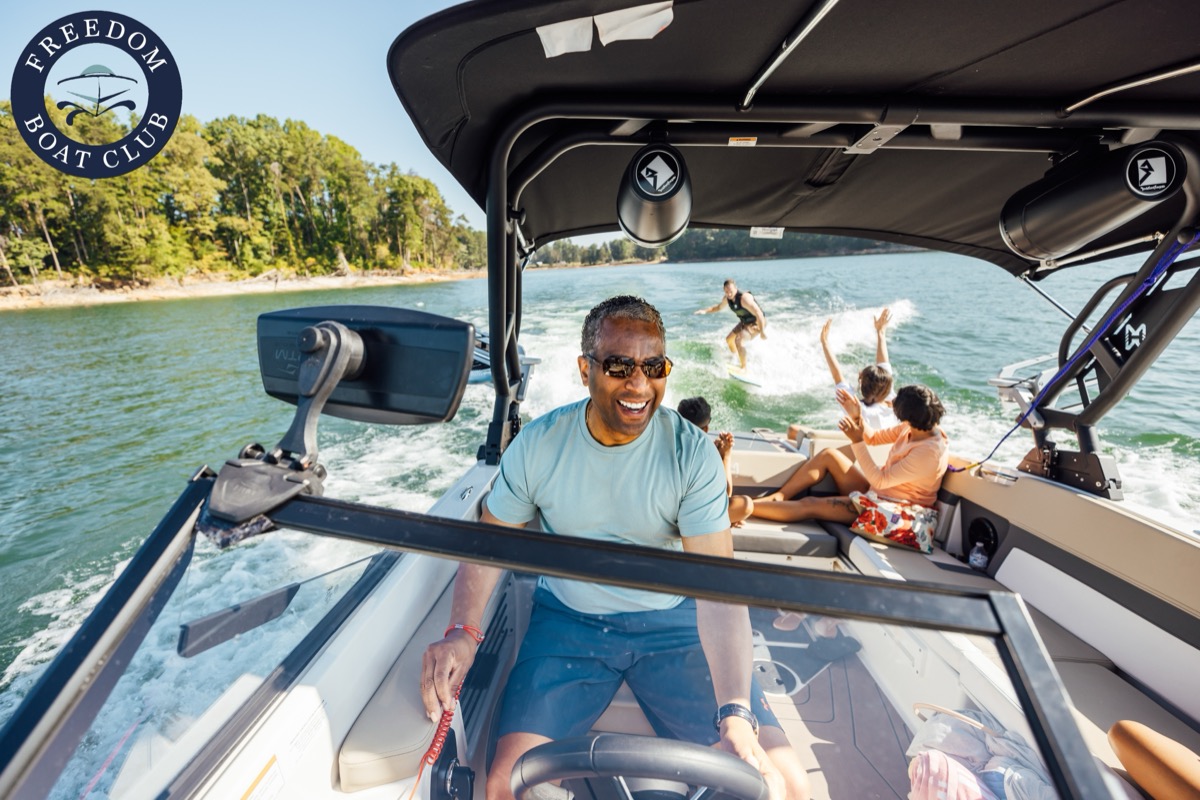
How alternative models of boat ownership can reverse the downward trend in the boating lifestyle
The traditional model of boat ownership—where individuals purchase, maintain, and store their own vessels—is evolving rapidly. Alternative ownership models, particularly boat clubs and fractional ownership, are emerging as powerful catalysts for growth in the recreational boating sector, making the water more accessible to a broader, diverse audience.
Think about it: All the fun, none of the hassle!
The boat club model is totally new to Africa and is probably the most significant innovation in boating accessibility in the last five years. Operating on a subscription-based model rather than traditional charter or fractional ownership, boat clubs offer members access to entire fleets for a one-time joining fee plus a monthly subscription. This eliminates the traditional barriers of maintenance, insurance, berthing, and cleaning costs that often deter potential boaters. It also means one can have access to different types of boats, at different outlets, for different activities.
The numbers tell a compelling story. Freedom Boat Club, acquired by Brunswick Corporation in 2019, has doubled in size and now operates over 430 locations with over 5,000 boats across nine countries. What started as a North American concept over 30 years ago has proven its viability in Europe over the past four years and is now expanding internationally.

These alternative models are reshaping the industry in several crucial ways:
- Democratising Access: Boating is no longer restricted to those who can afford substantial upfront investments and ongoing costs
- Diversifying Participation: Over 30% of boat club members are women, with more than 25% representing Next Generation and Millennial demographics
- Building Community: Regular events and shared experiences create lasting connections among members
- Supporting Marina Economics: Boat clubs reinvigorate marinas, potentially bringing more boat owners over time
Alternative ownership models are also gaining traction in Africa. In South Africa, Motor and Sail Investment Yachts are offering fractional ownership, giving newcomers another way to get into yachting. With lower upfront costs and shared resources, you can enjoy the lifestyle with minimal admin.
Join the Conversation
As the African Boating Conference approaches in October 2025, these alternative ownership models represent a critical discussion point for our industry’s future. They offer a proven pathway to grow participation, attract younger demographics, and build sustainable business models that benefit manufacturers, marinas, and most importantly, create new boating enthusiasts.
The question isn’t whether alternative ownership models will shape our industry’s future—it’s how quickly we can adapt and implement these proven strategies to unlock Africa’s tremendous marine tourism potential.
What’s your experience with alternative boat ownership models? How do you see them impacting the African marine sector?
Be sure to register to hear from Arturo Gutierrez from Freedom Boat Club about how to be a part of the boating revolution.
- Tags :
- boatclubs
- boating
- Grow Boating
Categories
Copyright African Boating Conference 2025 | All rights reserved
